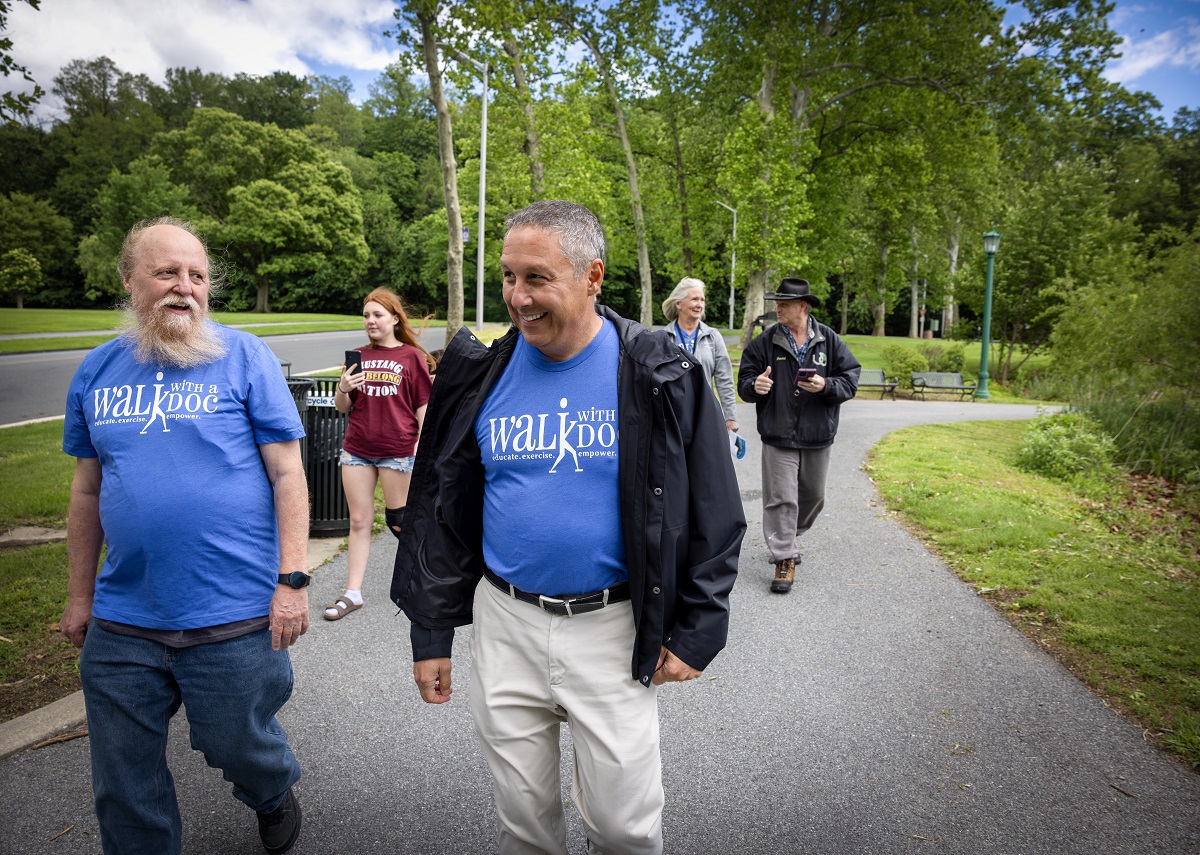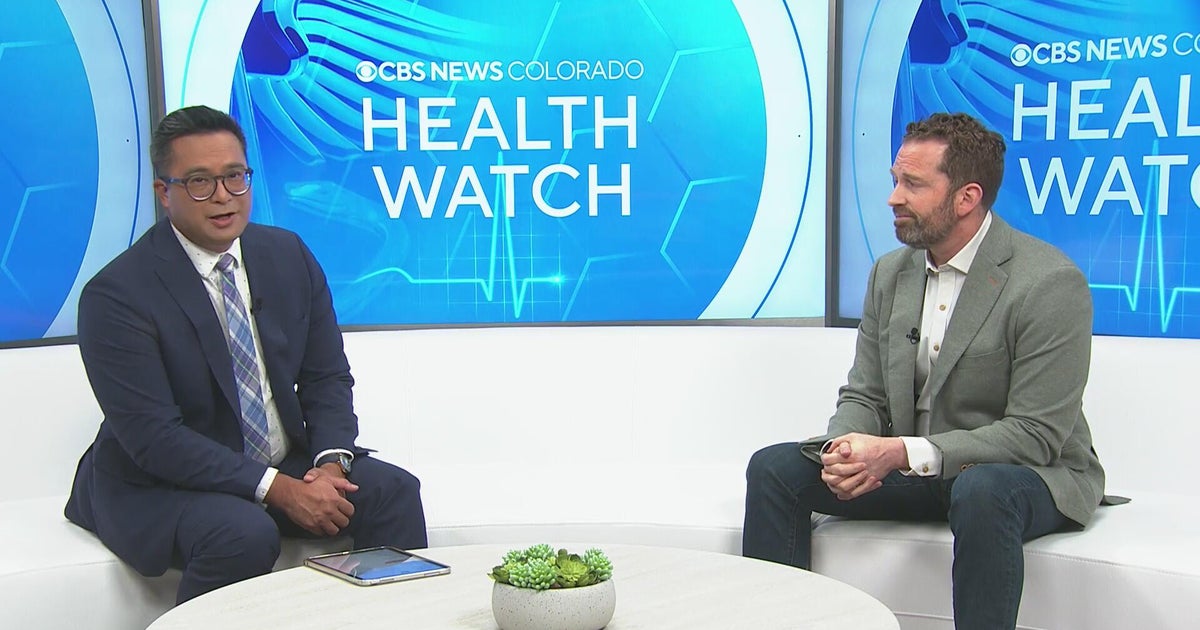![]()
Get your daily dose of health and medicine every weekday with STAT’s free newsletter Morning Rounds. Sign up here.
Good morning, it’s the last day of June. My last chance to reference the iconic Anne Sexton line: “It is June. I am tired of being brave.” It’s a short week with the holiday on Friday, so let’s get to the news.
11.8 million
That’s how many people would lose health insurance over the next decade under Senate Republicans’ version of President Trump’s tax bill, according to a new report from the Congressional Budget Office released Saturday night. That projection also suggests the bill would leave nearly 1 million more people without insurance than the House’s version of the bill, underscoring concerns that the Senate GOP version cuts health programs too aggressively. Read more from STAT’s Daniel Payne.
The Supreme Court term has finally ended
Friday was the last day of the term for the Supreme Court, which means they released the last of the opinions we’ve been waiting on, including the highly anticipated decision in Kennedy v. Braidwood Management. In that case, the Supreme Court upheld a key Affordable Care Act provision requiring health insurers to cover certain recommended preventive services cost-free. It could be seen as a victory for health advocates, as services like the HIV prevention drugs called PrEP will continue to be available at no cost to many Americans. But the decision also ratifies a strong role for the HHS secretary in overseeing a key expert panel that has long evaluated preventive services, including the ability to remove members and modify its rulings. Read more from STAT’s Angus Chen on the implications.
And in case you missed it, SCOTUS also recently ruled on gender-affirming care bans for minors and states’ abilities to block Planned Parenthood from receiving Medicaid funding.
So you think men can stay fertile forever?
Considering IVF? You may want to pay particular attention to the age of your sperm donor because researchers believe older paternal age increases the risk of miscarriage. A new study presented at the annual meeting of the European Society of Human Reproduction and Embryology found that miscarriage rates jumped to almost 24% (from 16%) when the sperm donor was older than 45.
In the retrospective study, researchers looked at 1,712 donors across six IVF centers in Italy and Spain. Sperm donors were split into two groups — males younger, and older than 45 years of age. Although there was no difference in fertilization of the embryo, miscarriage rates were significantly higher when sperm donors were older than 45. A particularly interesting finding, as this was independent of the age of the egg donors, who averaged an age of 26 years. This study underscores how the sperm donor can influence the outcomes of IVF, especially as the field of reproductive research tends to focus more on the egg donor’s age and health. The lead study author, Maria Christina Guglielmo said that the findings challenge “the cultural perception that male fertility is relatively unaffected by age: that ‘men can stay fertile forever.’” — Marissa Russo
France is courting U.S. scientists while facing homegrown pressures
As the Trump administration axes funding for scientific research in the U.S., the situation has become a poaching opportunity for other countries, particularly in Europe. France has been among the most aggressive countries aiming to woo American researchers — last month, French President Emmanuel Macron said the government would set aside 100 million euros to attract international researchers.
Despite these ambitions, it’s unclear exactly how things will play out, both for Americans who choose to make the move and for European science writ large, STAT’s Andrew Joseph reports. Some European researchers have argued that institutions wooing American scientists should instead be focused on addressing neglected issues in local science, like lower salaries and historically less public funding than the U.S. Read more from Drew about how people across the pond feel about these recruitment initiatives.
Former NEJM editors say RFK Jr. is wrong about medical journals
Health secretary Robert F. Kennedy Jr. has called prestigious medical journals like the New England Journal of Medicine “corrupt,” and even warned that he might bar NIH scientists from publishing their research there. In a new First Opinion essay, three former NEJM editors bring a rebuttal to the accusation. And while they actually agree that the dependence of medical research on pharmaceutical funding is a problem, they have some criticisms of Kennedy’s proposed solutions.
“What perverts the research isn’t the journal where it’s published; it’s the funding and other financial associations between researchers and industry,” they write. “Redirecting researchers to new journals with dubious scientific standards will only make published research less reliable.” Read more.
What we’re reading
The world is producing more food than ever — but not for long, Wired
‘Where’s our money?’ CDC grant funding is moving so slowly layoffs are happening, NPR
- First Opinion: The U.S. must invest in mRNA vaccines against pandemic influenza viruses now, STAT
- The narrowing of Mark Zuckerberg and Priscilla Chan’s philanthropy, New York Times
- New blood test could predict preeclampsia in the first trimester, STAT









 English (US) ·
English (US) ·